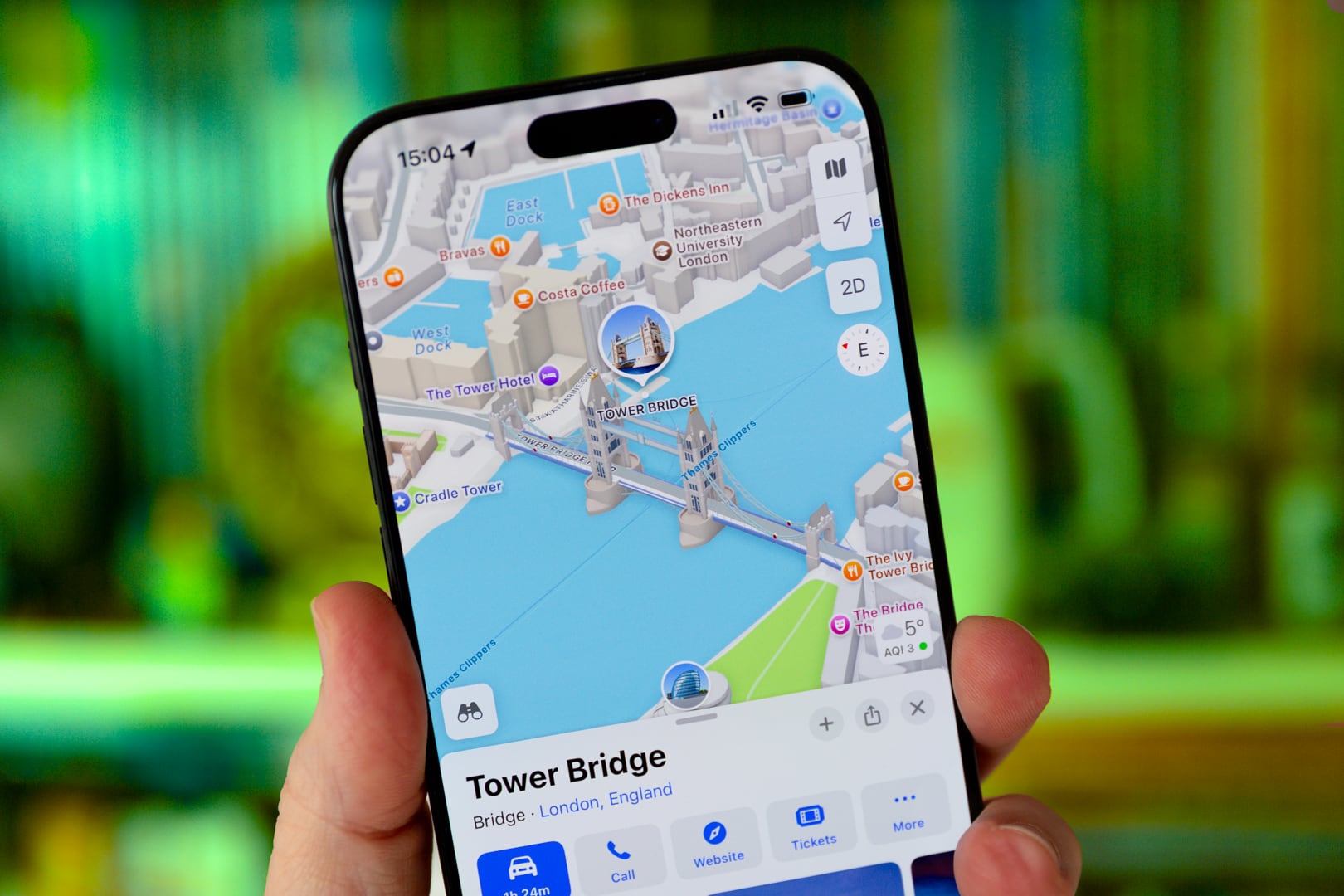You wake up in the middle of the night with your latest super-fresh dream, take a moment to marvel at how funny and crazy it was, and decide to tell your partner or friends about it when you wake up. But when you do this, you almost don’t remember that you wanted to say something funny to them. Many of us have experienced this feeling at some point, but not all with the same frequency. And there is people who remember dreams very easily, while others rarely manage to do this. They even think that they might not be dreaming at all because they usually don’t remember any dreams, even when they first wake up.
The latter happens with 1 in every 250 people, according to a study published in 2015. But the reality is that most people dream every day. The difficulty is not in dreaming, but in Remember. Until recently, scientists were not clear why some people remember dreams and others do not. There were certain hypotheses, some of which even pointed to personality each person. But this was not known for sure.
There are now, thanks to several studies published over the past decade, much more information about this. We know that people who remember dreams do so because their brains are more attentive to external stimuli while they sleep. Said very rough, does not run into such depth. But let’s look at what exactly this means.
Keys to people who remember dreams
Most studies agree that the key to remembering dreams for some people is their ability to remain alert during sleep. For example, in 2014, a group of scientists from Lyon Center for Neuroscience Research did a study that showed this very clearly. 41 volunteers took part in it, of which 21 declared themselves to be people who remember dreams, on average 5.2 sleeps are remembered per week. On the other hand, for the remaining 20 the average was much lower, approximately 2 sleeps per month.
They all passed positron emission tomography (PET). This is an imaging technique that allows us to see which areas of the brain are active at any given moment, so it was done while they were sleeping. Thus, it has been observed that those who tend to remember dreams have greater activity in an area of the brain known as temporo-parietal junction. He is responsible, among other functions, for providing orientation and attention to external stimuli. Therefore, people who are more active tend to sleep easier. This was confirmed in a 2017 study, which noted that people who report less deep sleep also tend to remember their dreams better.
On the other hand, other scientists have proven that people who remember what they dream also have more online activity by default. This is the area of the brain that is activated when the brain is at rest but awake. That is, we have not yet fully woken up, but we are already analyzing the stimuli.
It all makes sense because when we wake up, long-term memory encoding It’s very vulnerable. Any distraction will prevent us from retaining recent memories, so if we quickly fall asleep or simply remain sleepy, we most likely will not be able to remember what we dreamed. On the other hand, if we are more attentive to what surrounds us and wake up more easily, this will easier to remember.
What if they dream bigger?
There are researchers who believe that people who remember dreams actually do so because they dream more. So, by probability, some will be easier to remember. This has not been demonstrated conclusively, although there are some interesting indications. For example, it has been observed that these people tend to have more white matter concentration in the medial prefrontal cortexinvolved in processing information about oneself.
Gray matter is what is primarily made up of neuron somata. That is, the same volumetric part that resembles a head. Instead, white matter is composed primarily of connections between these neurons, known as axons. Each has its own functions. Moreover, they are concentrated differently in different regions. And this, as far as dreams are concerned, is striking, since it has been proven that in people with lesions affecting the white matter, especially in the above-mentioned area, They lose the ability to dream.
It is therefore possible that those who remember more dreams do so simply because they dream more. But this may also be because, even in reality, they are not able to disconnect from what they dreamed. Was this a good thing, or was it my worst nightmare?
Source: Hiper Textual













